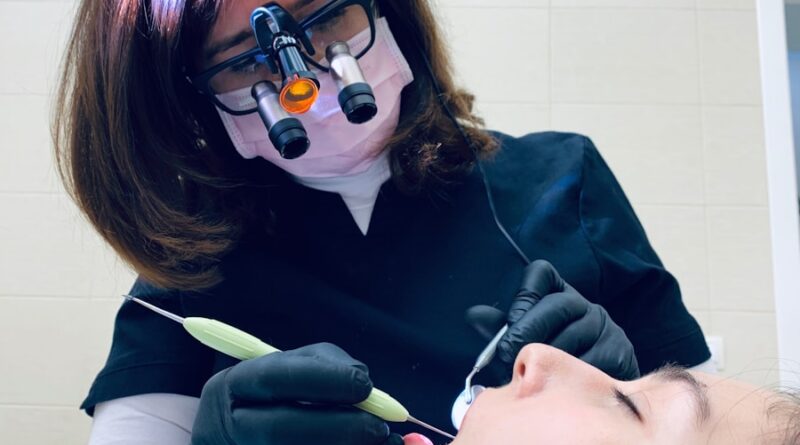Difference Between a Dentist and an Orthodontist
Difference Between a Dentist and an Orthodontist
When it comes to oral health, many people use the terms “dentist” and “orthodontist” interchangeably, but these two professionals have distinct roles and specializations. Understanding the difference can help you seek the right care for your dental needs.
What is a Dentist?
A dentist is a general oral health care provider who diagnoses, treats, and manages overall oral hygiene and health. Dentists perform routine check-ups, cleanings, cavity fillings, root canals, and other procedures to maintain healthy teeth and gums. They also provide advice on oral hygiene, diet, and preventive care to avoid dental problems.
Dentists complete dental school, earning either a DDS (Doctor of Dental Surgery) or DMD (Doctor of Medicine in Dentistry) degree. After graduation, they are licensed to practice general dentistry, which covers a wide range of dental issues.
What is an Orthodontist?
An orthodontist is a dental specialist who focuses primarily on diagnosing, preventing, and correcting misaligned teeth and jaws. Their main goal is to improve the function and appearance of the bite and smile through treatments like braces, clear aligners, retainers, and other corrective appliances.
Orthodontists first complete dental school and then undergo an additional 2-3 years of specialized training in orthodontics. This advanced education equips them to handle complex tooth movement and jaw alignment issues that general dentists may not be fully trained to manage.
Key Differences
- Scope of Practice: Dentists offer broad dental care, while orthodontists specialize in tooth and jaw alignment.
- Training: Both attend dental school, but orthodontists receive extra specialized training.
- Treatments Provided: Dentists handle general dental care such as fillings and cleanings; orthodontists focus on braces, aligners, and corrective appliances.
- When to Visit: Visit a dentist for routine dental care and oral health concerns; see an orthodontist if you need help with crooked teeth, bite issues, or jaw alignment.
Conclusion
Both dentists and orthodontists play vital roles in maintaining oral health, but their expertise and treatment approaches differ. Regular visits to your dentist are essential for overall dental care, and if you have alignment issues, an orthodontist can provide specialized treatment to enhance your smile and bite function. Knowing the difference ensures you get the right care when you need it.
